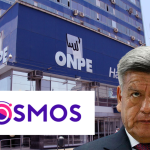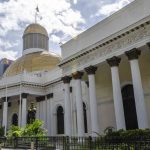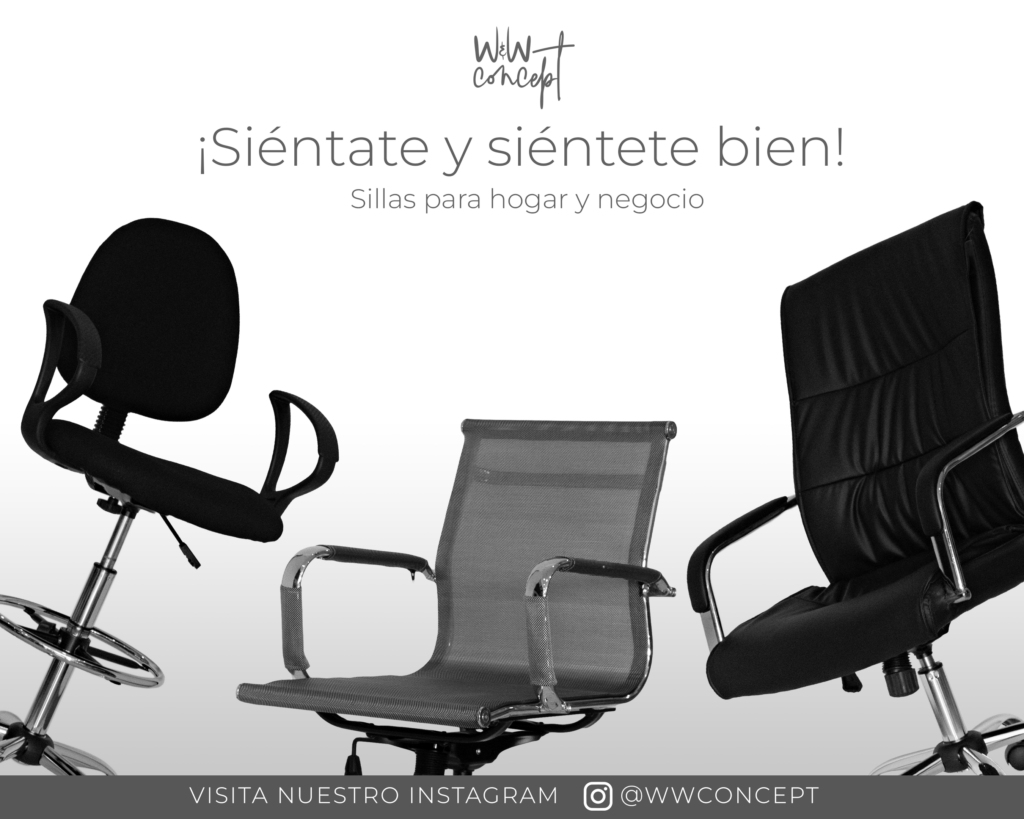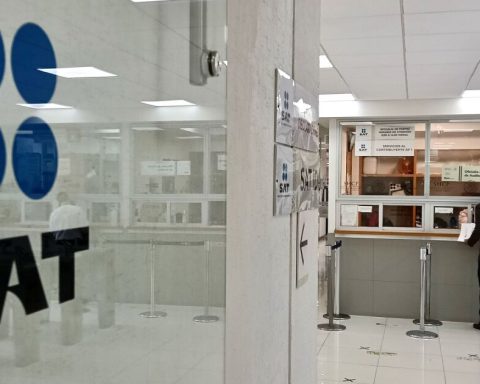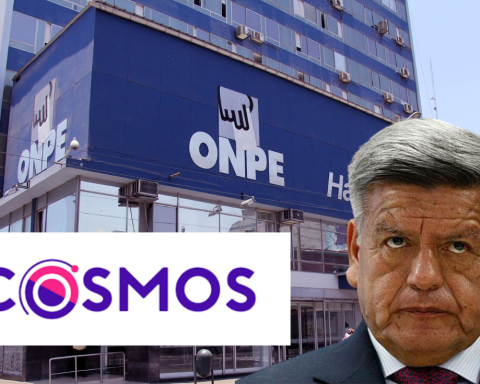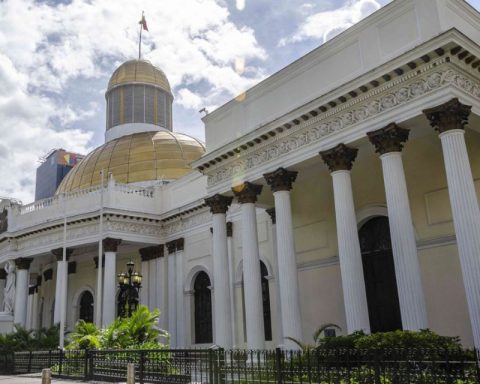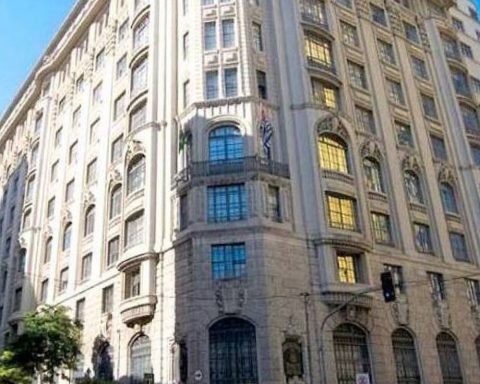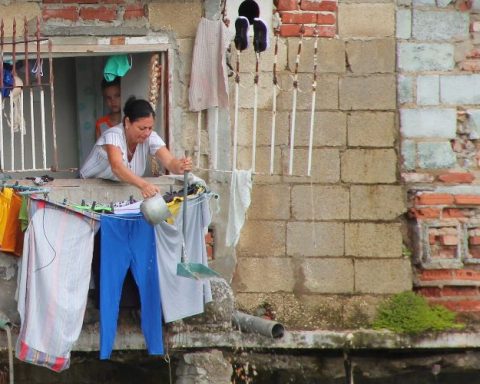The sixtieth Mercosur summit that begins this Wednesday in the city of Luque, 15 kilometers from Asunción, the capital of Paraguay, will address a series of economic issues, among which the analysis of Brazil’s tariff policywhich in May ordered a unilateral reduction for certain non-zone products, progress in talks on a “state-of-the-art” trade deal with Singapore and the monitoring of the treaty signed in 2019 with the European Union.
The meeting takes place at the Conmebol (South American Football Confederation) Convention Center and has the confirmed presence of three of the four presidents of the countries that make up the bloc: Alberto Fernández, for Argentina; the host Mario Abdo Benítez; and the head of the Uruguayan State, Luis Lacalle Pou.
The presence of Bolsonaro: in suspense
Although the Brazilian president, Jair Bolsonaro, had announced last week his decision not to attend the meeting, he later left open the possibility of a change of position, so his presence is not ruled out due to his good relationship with “Marito” , as he called the Paraguayan president in statements to the press made last Sunday.
However, Brazil will be represented by its Ministers of Economy, Paulo Guedes, and Foreign Relations, Carlos Alberto Franca, who will defend before their peers from Argentina, Paraguay and Uruguay one of the most controversial aspects within the bloc, such as the reduction of tariffs set unilaterally as a way to combat inflation amid the economic fallout from Russia’s invasion of Ukraine.
In May, the Brazilian government “temporarily and exceptionally” reduced import tariffs on 6,195 items, including goods such as beans, meat, pasta, cookies, rice, construction materials, among others.
From the Argentine Foreign Ministry they said that Bolsonaro’s measure “does not include the automotive sector or products considered sensitive”, timely agreed between the two countries.
The tariff reduction is added to another already applied, also temporarily, in November 2021, and both are part of the Brazilian government’s objective of “lowering the prices of basic products”, taking into account that the country’s year-on-year inflation neighbor reached 11.89% in June.
Also, the Paraguayan foreign minister, Julio Arriola, said -in statements to the Asunceño newspaper ABC- that they are “finalizing logistical, technical and documentation details” before the imminence of the meeting.
Arriola said that progress will be analyzed in the agreement that the bloc signed with the European Union and that negotiations for a “state-of-the-art free trade agreement” between Mercosur and Singapore are about to conclude, which will allow “expanding the commercial horizon with Southeast Asia.
#Mercosur | Within the meetings prior to the LX Summit of the @Mercosurthe Paraguayan Pro Tempore Presidency held the extraordinary meeting of the Common Market Group.
Treasury was represented by the Director of Integration, @ROBERTOMERNES.
? https://t.co/sr5dBOgyyC pic.twitter.com/wXUhndQcGa
– Treasury Paraguay (@Haciendapy) July 19, 2022
He also pointed out that in the bloc “we are committed to reaching an agreement between the four states for the benefit of the competitiveness of our economy for access to supplies and better conditions for our productive sectors,” he added.
On the other hand, Arriola pointed out that “joint progress must be made towards prioritizing the external negotiations agenda, as established in the founding texts of Mercosur.”
In this way, Arriola alluded to the intention expressed by Uruguay to begin negotiations with China to reach a bilateral trade agreement, outside the decisions of the bloc as a whole.
Fernandez had expressed himself in the same vein at the virtual summit in July last year, when he pointed out that “no one is saved alone” and called for respect for the bloc’s joint decisions.
“We believe that the path is to comply with the Treaty of Asunción, negotiate together with third countries or blocks and respect the figure of consensus,” Fernandez said on that occasion, adding that “it is through more regional integration and not less regional integration, that we will be in better conditions to produce, trade, negotiate and compete.”
Last Monday, during the ceremony to commemorate the 192nd anniversary of the Swearing-in of the Constitution, Lacalle Pou announced that the trade agreement “will be with China” and that “later it will be with other countries.”
The rest of the countries of the bloc warned that Lacalle Pou’s strategy does not respect the regulations that gave rise to Mercosur, referring to Decision 32 of July 29, 2000 taken by the Common Market Council, in which it was reaffirmed ” the commitment of the States Parties to Mercosur to jointly negotiate agreements of a commercial nature with third countries or groupings of countries outside the zone in which tariff preferences are granted”.
“The constitution of a common market implies, among other aspects, the need to have a common foreign trade policy”was established in that rule, which also determined that “as of June 30, 2001, the States Parties may not sign new preferential agreements or agree to new trade preferences in current agreements within the framework of Aladi that have not been negotiated by Mercosur”.
In its defense, Uruguay assures that this decision was not endorsed by all the countries of the bloc.
In recent hours, although he maintained his position to continue negotiating with China, Lacalle Pou opened up the possibility of advancing “together”, that is, adding the other three countries of the bloc to the negotiations and transforming the bilateral trade agreement into one between the entire Mercosur and the Asian country.
The intention to carry out bilateral agreements autonomously had already been raised by Lacalle since before his assumption as president, in March 2020, and sustained in several Mercosur meetings.
In one of them, in July 2021, Lacalle Pou defined the impossibility of individual agreements as a “ballast” of Mercosur regulations that acts as a “corset” and blocks Uruguayan attempts to “move forward”.








